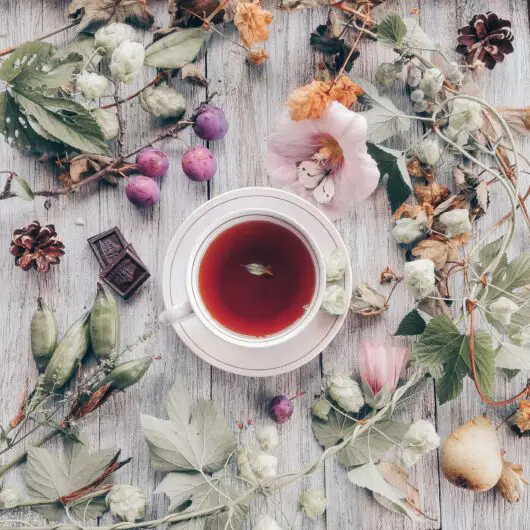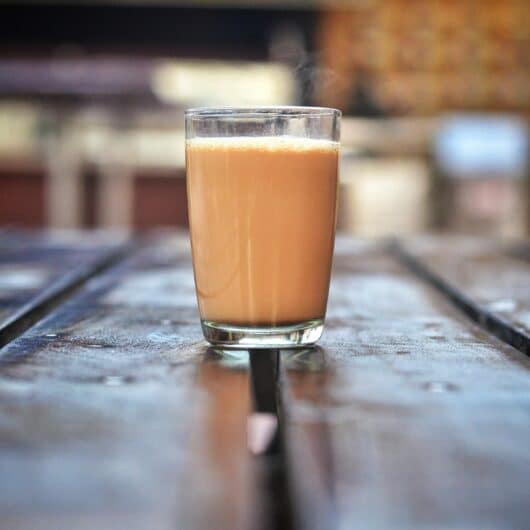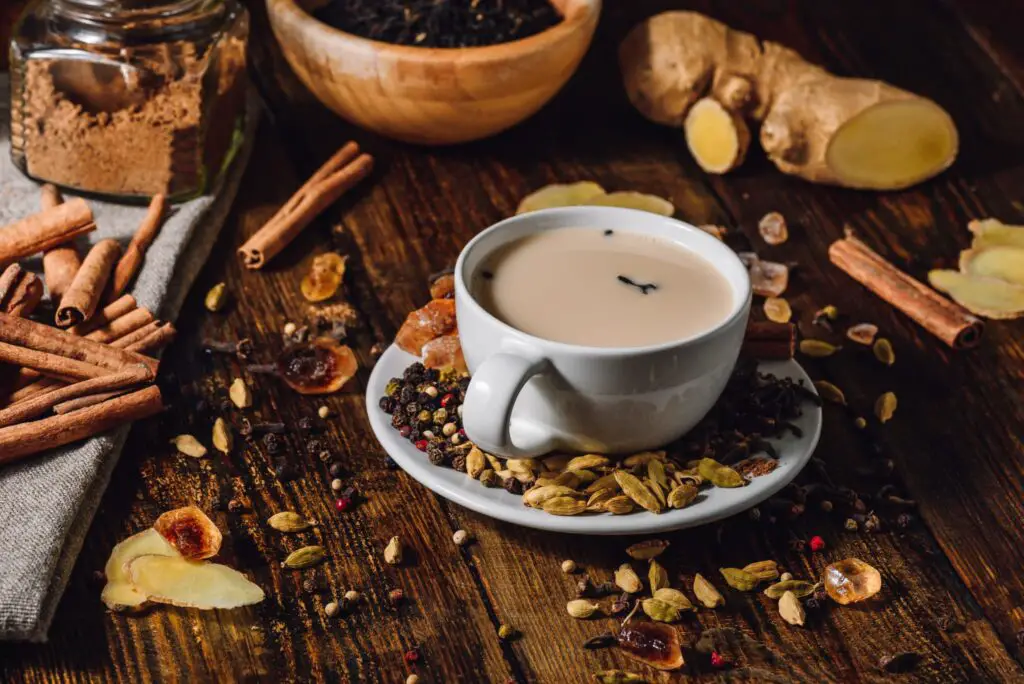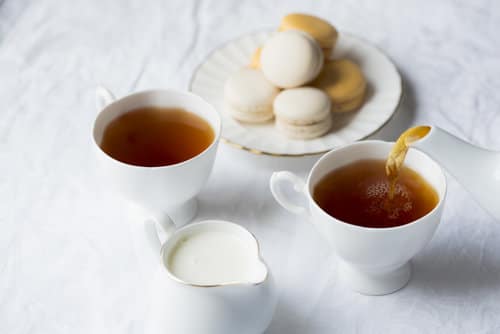I know, I know, it’s English, but let’s face it, the Brits have left their mark on North India. Scones, puddings, abnormal love of white bread, ketchup dependencies, and early grey tea.
With milk, without milk, with cardamom, a splash of rosewater, a few strands of saffron, we’ve done all we can to bastardize earl grey, and it’s still fabulous!
There are some secrets to making a perfect cup of earl grey. None of which hold true for traditional chai. Simply because you can’t cover up a messy process with spices when making earl grey.
Water – To make the perfect cup of Earl Grey tea, begin with fresh, cold, filtered water. Water for brewing tea should always be heated in a non-reactive vessel, such as a glass kettle or stainless steel pot.
Temperature – Earl Grey tea should always be prepared with water heated to just before it’s boiling point. Or immediately removed from the stove the moment it boils. The reason for this is because it is possible to over boil the water and change the flavor of it.
Warm the serving vessel – Most people don’t do this, but it’s actually very important. Tea is delicate, and needs precisely the right temperature to fully release it’s flavors. This is often why you end up with weak tea or extremely bitter tea. Warming the pot or cup ensures that the steep will be consistent.
Proper measurement – Exact measurements will vary depending on how strong you like your tea, how large your favorite cup is, and how many cups your teapot holds. For loose tea, the rule is one teaspoon per six ounce cup.
Steeping times – Steeping time is dependent on how strong you like your tea when it comes to Earl Grey. Most serious tea drinkers will steeping their tea for 4-5 minutes.
I have a cup daily, partly because it’s easier to make, and also, because it’s significantly lighter than traditional Indian chai that’s been boiled down. Not to mention it goes so well with things like tea loaves, sandwiches, almond cardamom sponge cake, pavlova, or even a Victoria sandwich.
Love tea? Try these:
Nutrition Facts
4 servings per container
Calories5
- Amount Per Serving% Daily Value *
- Total Fat
0.2g
0%
- Saturated Fat 0.1g 0%
- Cholesterol 1mg 1%
- Sodium 3mg 1%
- Amount Per Serving% Daily Value *
- Potassium 11mg 1%
- Total Carbohydrate
0.3g
0%
- Sugars 1.1g
- Protein 0.2g 0%
- Calcium 1%
- Vitamin D 15%
* The % Daily Value tells you how much a nutrient in a serving of food contributes to a daily diet. 2,000 calories a day is used for general nutrition advice.




